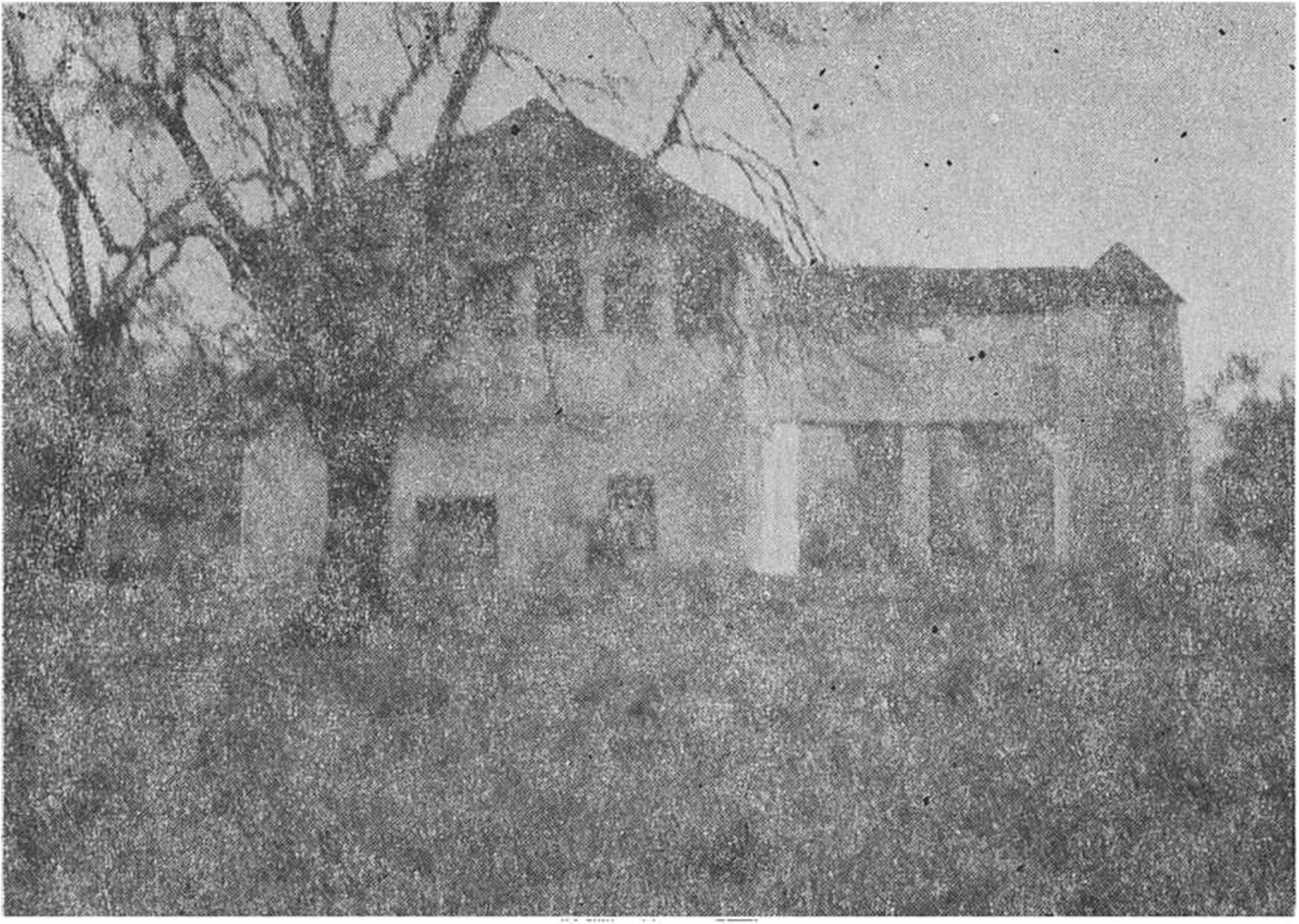2796123874
564 UN DfiBAT : LES MENTALITfiS COLLECTIYES 8

Fig. 2. Holders of publlc offices, men of business, secretaries witb yarious duties built fortlfied houses (“cule**) in Northern Oltenia by the end of thę 18th century. They stand proof to the hard condltions of life which interrupted the development of the fine architecture of the Brfin-coveanu period. Tudor Vladimirescu at Cerneti*, Ghl^ó Cutuib, who became a captain in Vla-dlmirescu's army, or the Grecenl at Mfiftifireęti0 had to give up ostentatlon in order to obtain
morę security.
which was becoming ever morę unbearable as the old regime was unveiling its failures and its inability to answer new reąuests. This is what Lnpu Batcu, a copist, tells ns in a notice, commenting with disdain the exilation of an abusire Phanariot official: “when he was sent into exile he would return money to secure some honours. In spite of his return of money the honours he was awarded in his exile to Constantinople were no others than those offered to a cat which is taken away from the pot of milk of which it has licked the cream away”. A few years later, iń 1815, in a letter to Glogoveanu, Tudor Vladimirescu was setting things right when he described the inefficiency of the Phanariot authorities in barring the terrible pillage the Ottoman soldiers were making : “such an authority with such a big country was not able to stop a smali Ihing like this and has left us a prey to poverty and complete darkness !”
During the epoch of the Enlightenment, a national spirit came to the fore in many fields; intellectual actiyity diversified and book-learning witnessed a major espansion gaining control over orał tradition, dominant in previouB centuries through the system known as “to see —
Wyszukiwarka
Podobne podstrony:
564 UN DfiBAT : LES MENTALITfiS COLLECTIYES 8 Fig. 2. Holders of publlc offices, men of busines
570 UN DfiBAT : LES MENTALITES COLLECTIVES 14 why seyeral bookś of geography ivero publifched d
UN DEBAT : LES MENTALITES COLLECTIYES Fig. ‘J. Paintings od the outer wali of the church at RSęinari
570 UN DfiBAT : LES MENTALITES COLLECTIVES 14 why seyeral bookś of geography ivero publifched d
3 UN DfiBAT : LES MENTALTTĆS COLLECTlVES 593 duced themto the Turkish ambassador in London, Yus
584 UN DEBAT : LES MENTALJTES COLLECTIVE9 12is a witness of his time. History would only gain f
604 UN DEBAT : LES MENTALITES COLLECTlVES 14 700 morę Prisoners common Men who told us they wer
610 UN DfiBAT : LES MENTALITfiS COLLDCTfVES’ / 20 wilds of Wallachia. The next day we entered a vall
640 UN DEBAT : LES MENTALITES COLLECTIVES 10 learnt of the story of Genevieve, so wideły spread
566 UN DEBAT : LES MENTALJTES COLLECTIWES 10 to do, to hear — to say” 1. Evcr raore new books w
574 UN DEBAT : LES MENTALTTES COLLECTIVES 2 echo dans les syntheses d’histoire de la culture es
więcej podobnych podstron